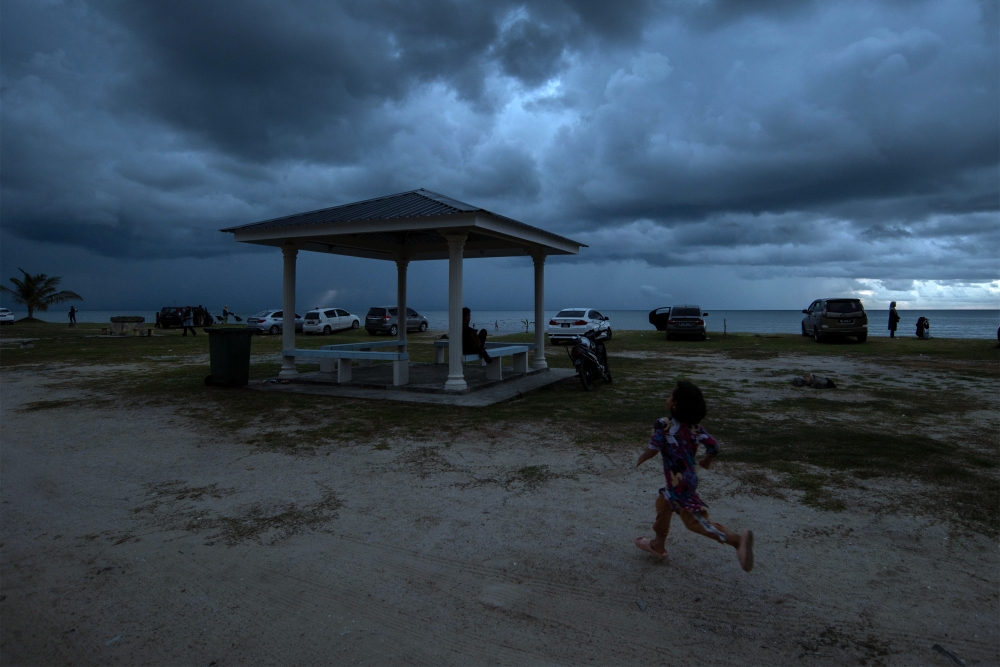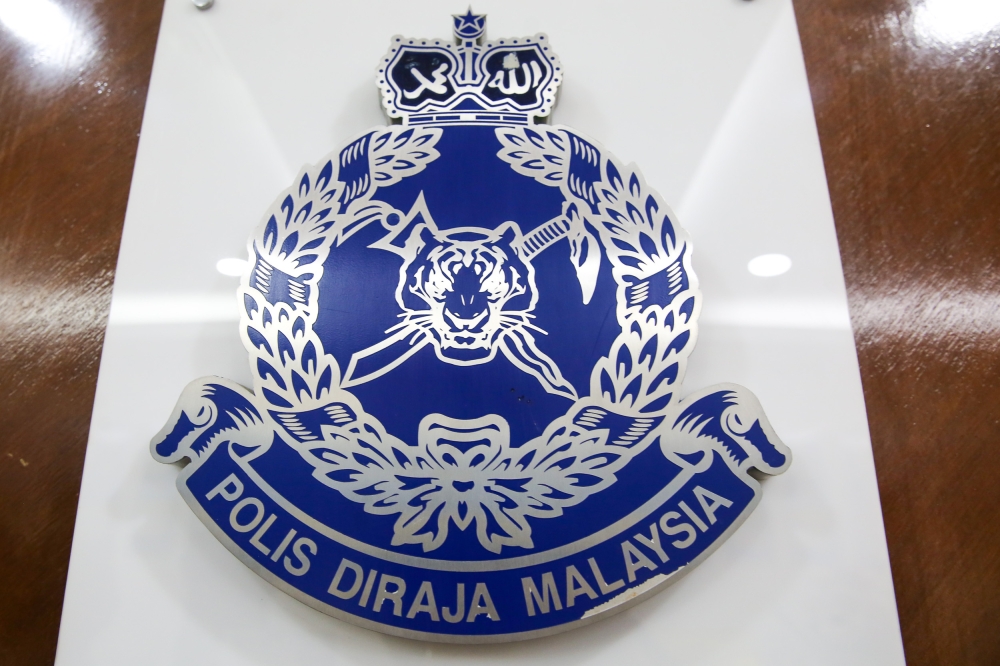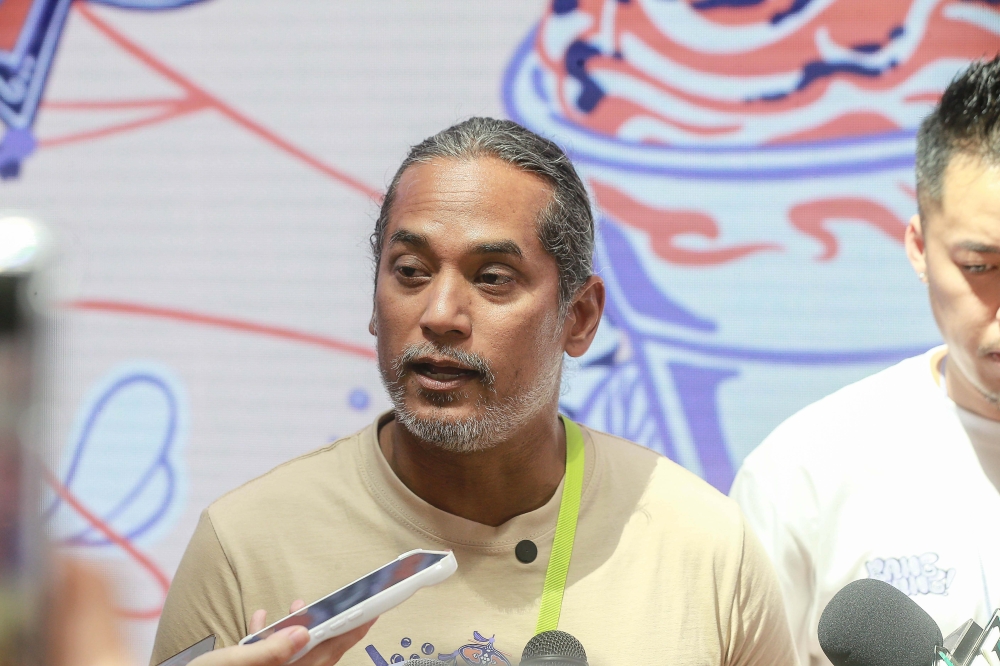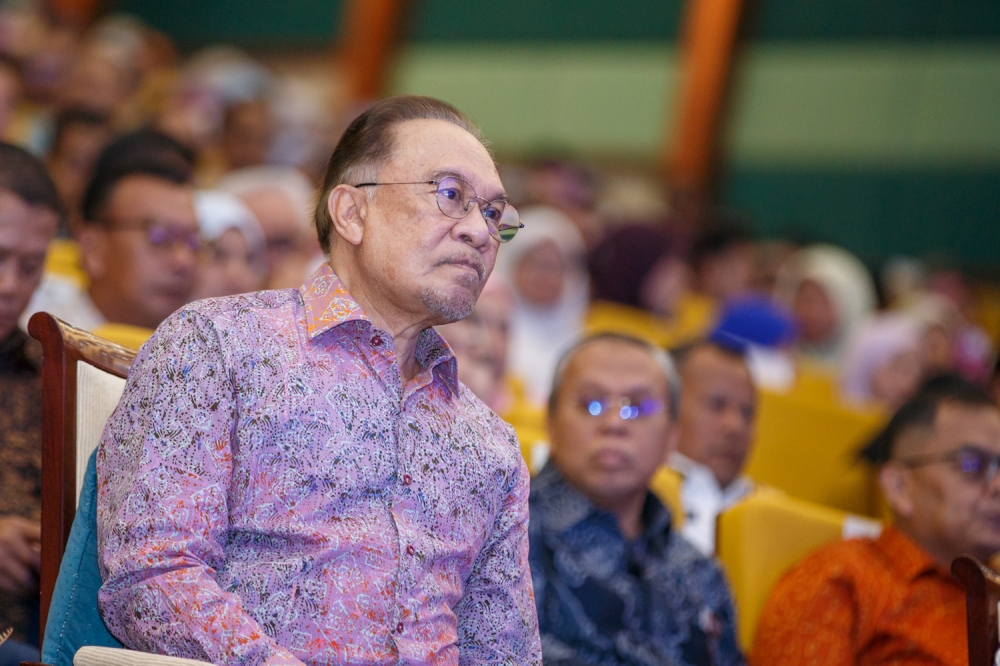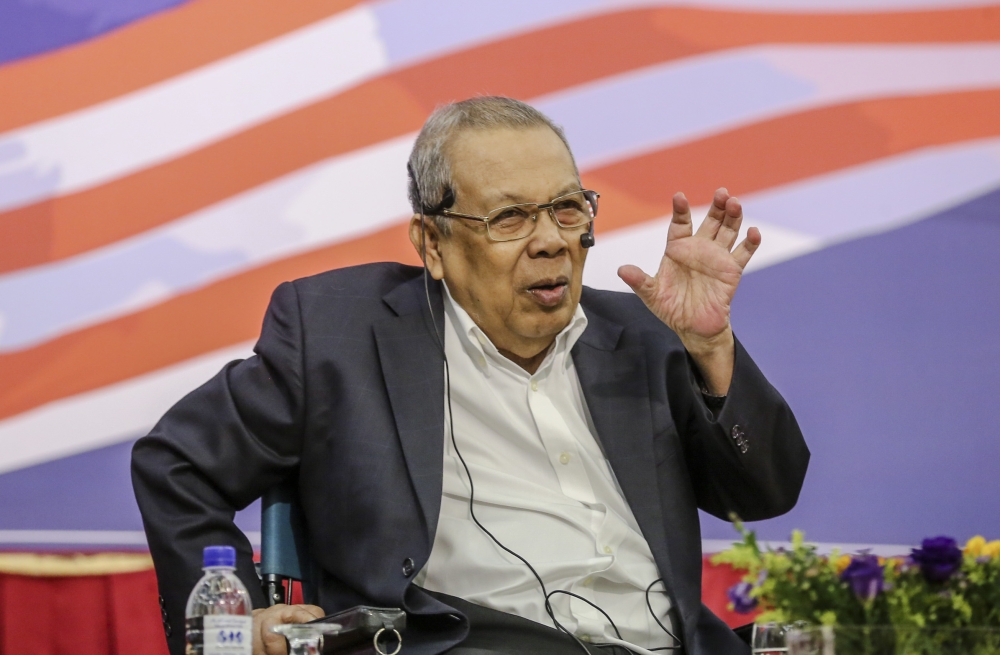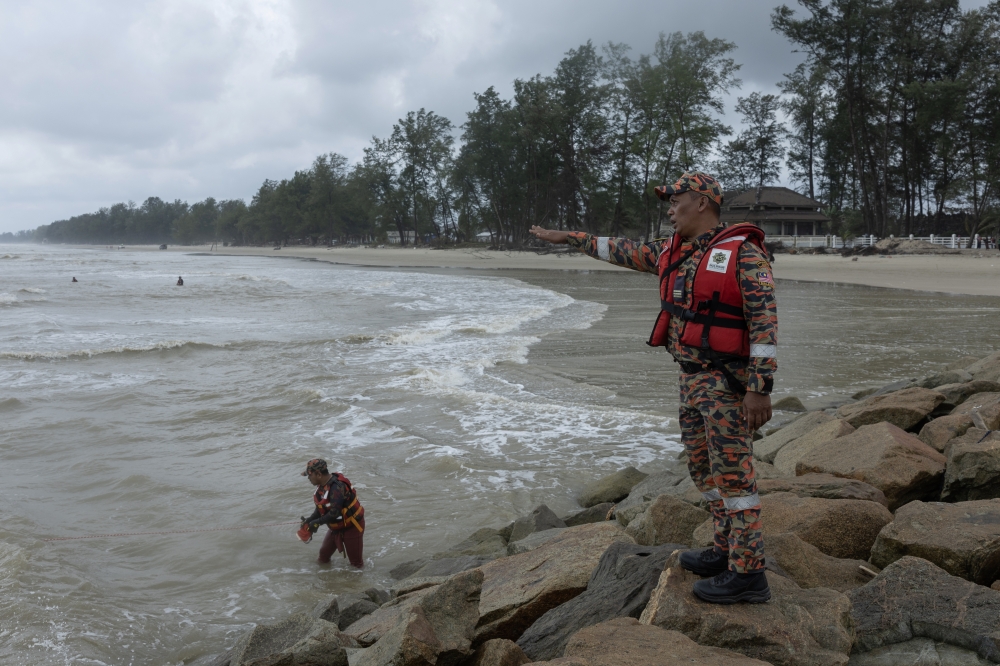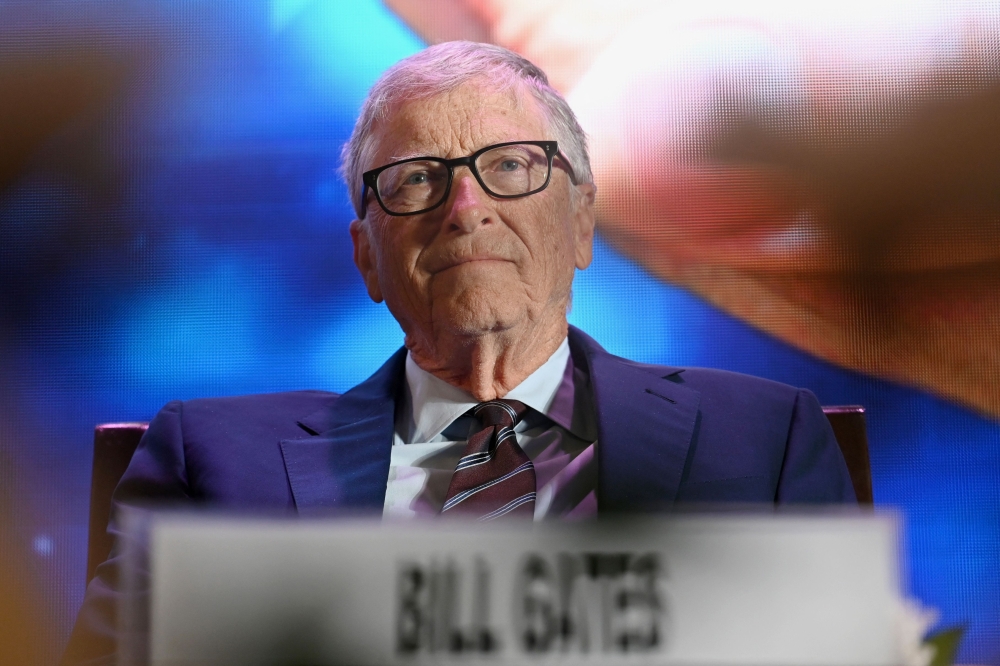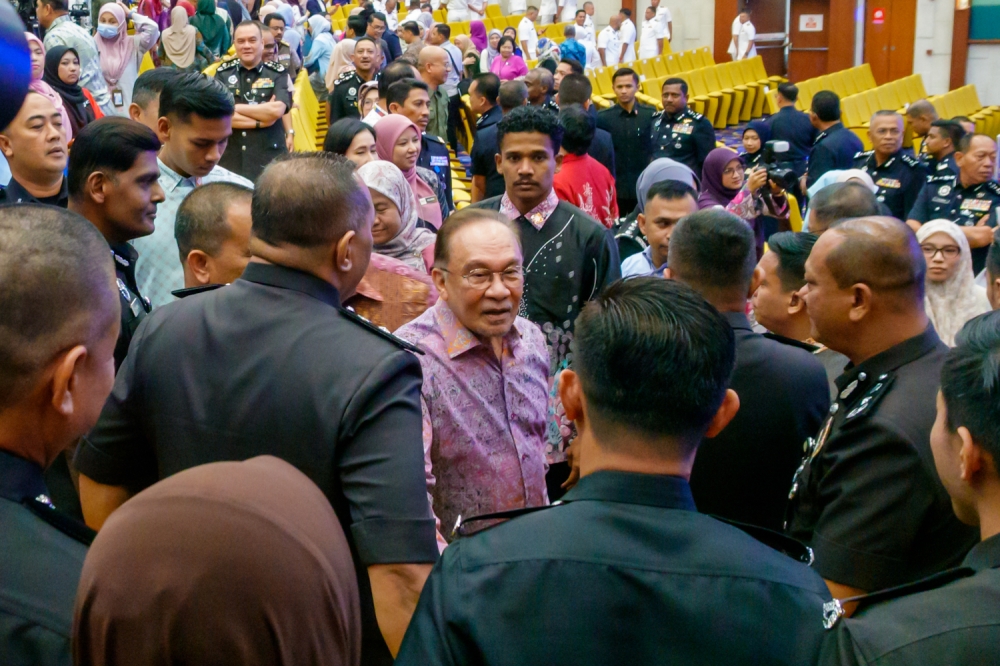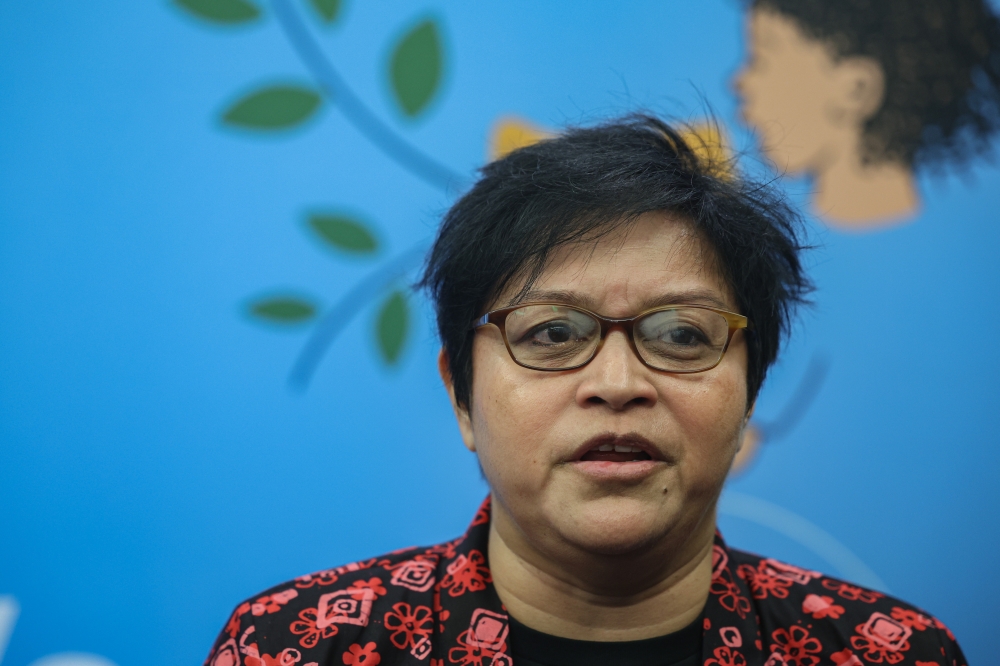KUALA LUMPUR, Nov 20 — The Legal Affairs Division of the Prime Minister’s Department plans to include children in its decision-making process from next year as part of its effort to improve Malaysia’s child justice system.
According to its minister Datuk Seri Azalina Othman Said, 94 per cent of children in Malaysia are already active internet users; as such they should be given the opportunity to play a prominent role in deciding their own futures.
“In our quest for protection, empowering children's voices assumes a vital role.
“Instead of relying solely on adults for reporting and deterrence, let us equip them with the essential information and confidence to report any cybercrimes or incidents they or their peers may encounter,” she said in a post on X, the microblogging platform formerly known as Twitter, today.
To commemorate World Children’s Day today, Azalina said the government’s next focus is to equip children with skills and knowledge to navigate the digital landscape so they can “make informed decisions, identify potential threats, and safeguard themselves effectively in the online sphere”.
She said that Malaysia has already highlighted the importance of cybersecurity at the recent Asia Pacific Economic Cooperation Summit in San Francisco, the United States’ last week.
She added that as part of its national initiatives, the government is integrating child-centric cybersecurity measures to ensure the safety of its youngest “digital citizens”.
“Moving forward, it is important to include children in policy-making.
“In embracing the ‘nothing for us without us’ concept, we recognise that the active participation of children in decision-making processes is fundamental to creating policies that genuinely meet their needs and concerns.
“In 2024, the Legal Affairs Division of the Prime Minister’s Department, in efforts to improve Malaysia’s Child Justice system, will be looking into more digital inclusiveness in the area of protecting children, especially by children themselves,” she said.
According to Azalina, such measures have proven successful in countries like Australia, Canada and the US.
She said that in Malaysia, similar children welfare reporting mechanisms have been made available through Talian Kasih, the Malaysian Communications and Multimedia Commission, and independent bodies like the Malaysian Human Rights Commission, and non-government outfits like the Childline Foundation.
Azalina said that digital safeguards for children is not just a collective responsibility but “a promise we make to the future of our nation”.



